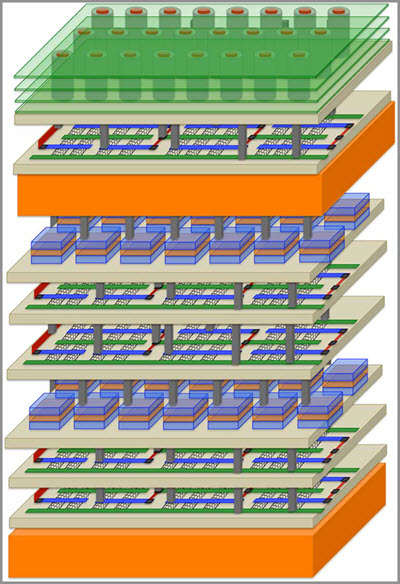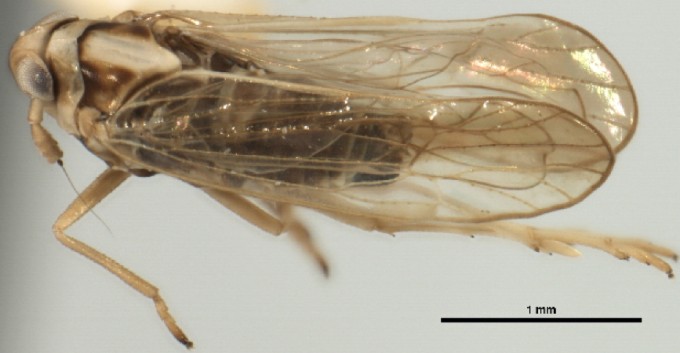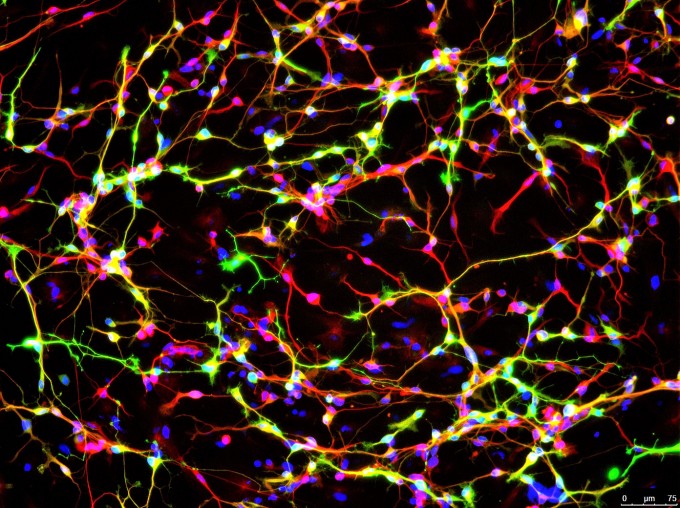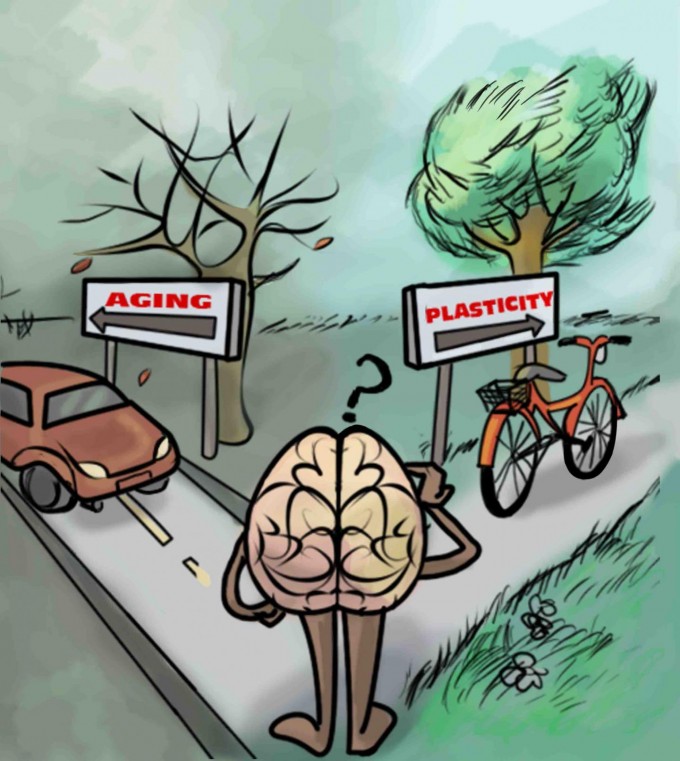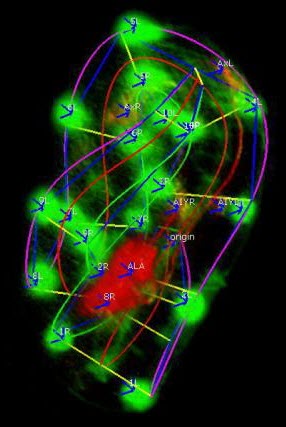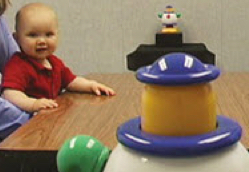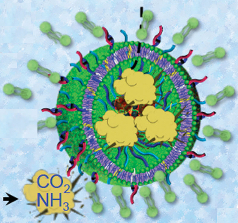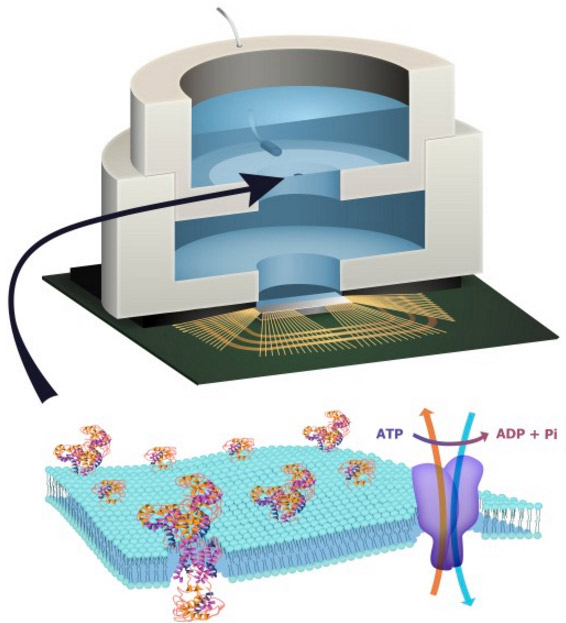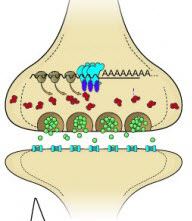Chemicals that make plants defend themselves could replace pesticides
New study identifies five candidate chemicals to help rice beat planthoppers without pesticides
Parkinson’s disease researchers discover a way to reprogram the genome to produce dopamine neurons
May enable researchers to generate patient-specific neurons to be transplanted into the brain to repair faulty neurons; also a generic way to change cells from one type to another
Can physical activity make you learn better?
Apparently so — at least for speed of recovery of vision after an eye-patch test; may offer hope for people with traumatic brain injury or eye conditions such as amblyopia
‘Nanobombs’ that blow up cancer cells
These nanoparticles contain a chemical used in baking bread that makes cancer cells swell and burst when exposed to near-infrared laser light
Hybrid solid-state chips and biological cells integrated at molecular level
Biological ion channels combine with solid-state transistors to create a new kind of hybrid bioelectronics. Imagine chips with dog-like capability to taste and smell, or even recognize specific molecules.
Possible biochemical mechanism underlying long-term memories identified
Why is a prion-like molecular state necessary for persistence of memory? Could a transient memory be made permanent with a “Limitless” NZT-type neurotropic drug — or permanently forgotten?
